Custom Support Strategies for Students in NYC
Learning is vital for all human beings. In our society, we send children and adolescents to school to give them a focused opportunity to learn. Unfortunately, many students find that opportunity interrupted by internal conflicts that prevent them from concentrating. What remaining focus a student has left is often channeled into preparation for standardized tests designed to measure the institution rather than the student. Frustration grows, but everything else withers.
School does not need to produce this experience. Students deserve better.
There is now a growing recognition that many, if not most, students need a cross-disciplinary approach in education to reach their full potential. Social-emotional learning offers holistic support to students so that they are optimally prepared to learn. The approach advocated by social-emotional learning schools in NYC integrates academic, social, and emotional learning in a way that enables students to succeed as lifelong learners.
At Academics West, our college preparatory program prepares students for post-secondary education, but our bigger mission is to develop students into resilient individuals who are equipped to overcome all challenges on the road ahead.
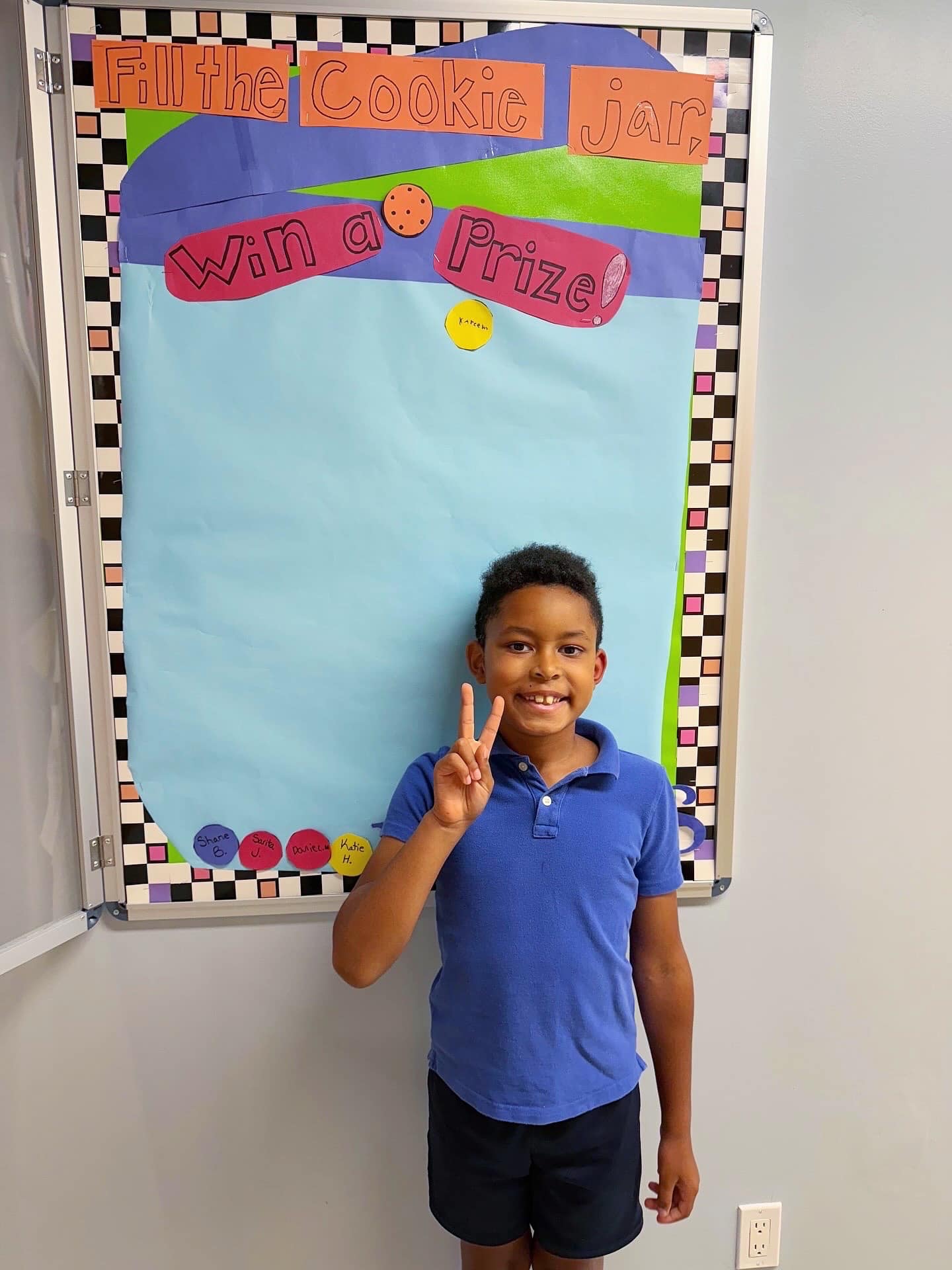
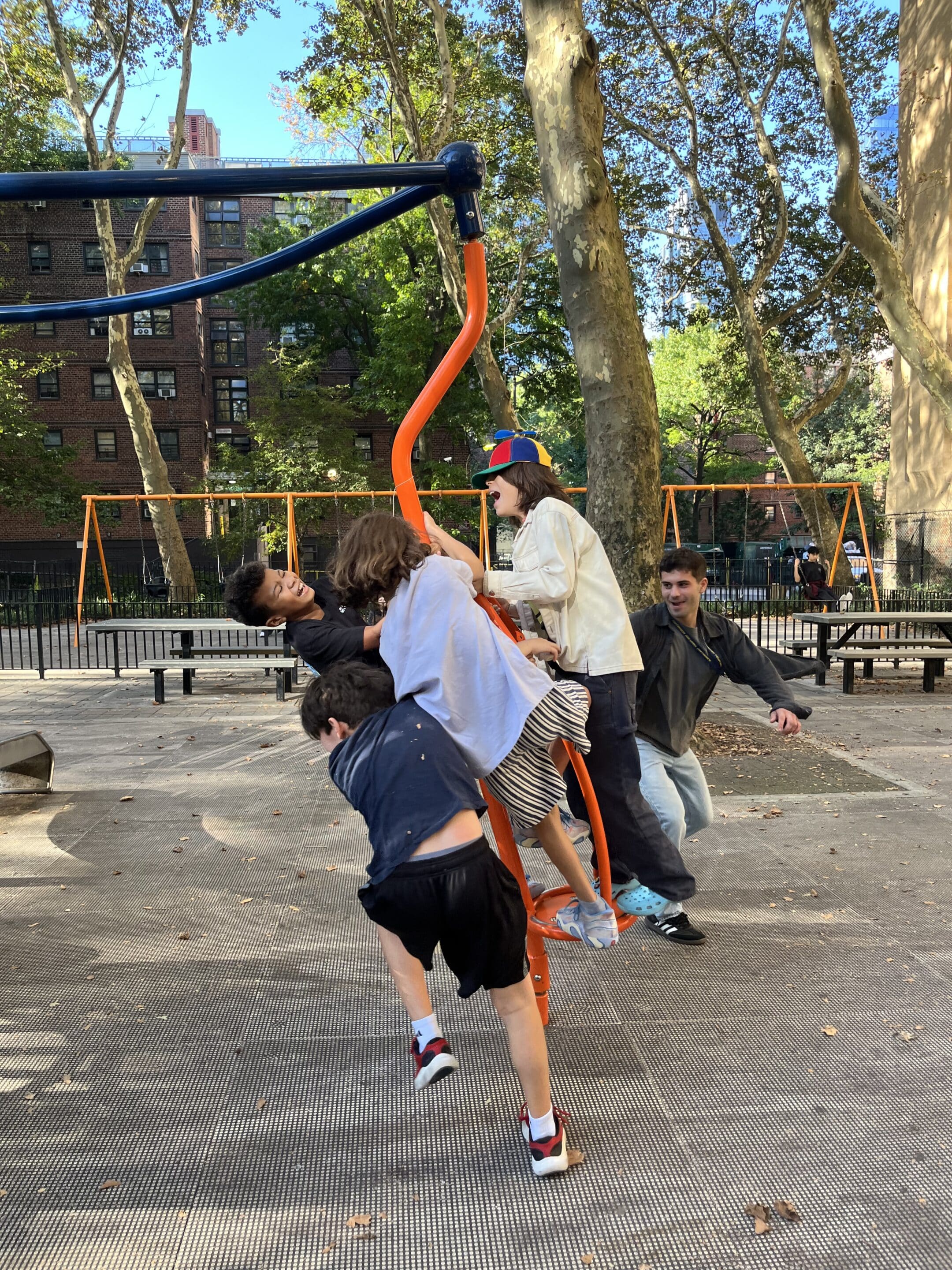
The Basics of Social-Emotional Learning
Social-emotional learning can encompass a range of strategies and priorities. This educational method incorporates the development of social and emotional skills into the school curriculum, emphasizing them alongside the development of skills in traditional academic disciplines.
Instead of viewing students as computers that simply need to be programmed with information, this approach recognizes that students are multifaceted humans who will learn and thrive fully only when their social and emotional development receives proper attention. While some traditional schools have made efforts to incorporate social-emotional learning into the curriculum, this haphazard approach is often too little too late to be effective.
Social-emotional learning is sometimes described as the missing link in education. Research has shown that promoting social-emotional learning can benefit academic performance, mental health, relationships, self-awareness, and other key aspects of a student’s life.
Developing Emotional Competencies
Many people view the sole role of education as fostering mastery of academic subjects such as reading. But students cannot master academics if they have not first learned to understand and govern themselves. Ignoring the need to develop emotional competencies is what holds back so many children, teens, and adults who aspire to learn but become frustrated.
The best social-emotional learning schools in NYC work to help students develop self-awareness and self-management, two critical intrapersonal competencies that are essential building blocks for healthy learning and overall well-being. This includes fostering emotional intelligence, expanding the ability to regulate behavior, and realizing self-motivation.
Exploring self-awareness involves understanding personal emotions, including their intensity and impact, as well as the factors that trigger them. It is necessary to comprehend emotions before fully developing the ability to regulate and control emotions. However, the process of learning self-management skills begins with monitoring emotions and behaviors, which can be done concurrently with exploring emotions. Self-management can lead to the fulfillment of self-motivation and the achievement of personal goals.
Developing these core emotional competencies enables students to better manage their emotions and overcome challenges that would have seemed insurmountable before. These intrapersonal skills enable some individuals to adapt to change or adversity, while others withdraw in defeat. Such skills build resilience, but they are often neglected in traditional learning environments, including home school programs.
Efforts to achieve these competencies enable students to move forward emotionally, socially, and academically.
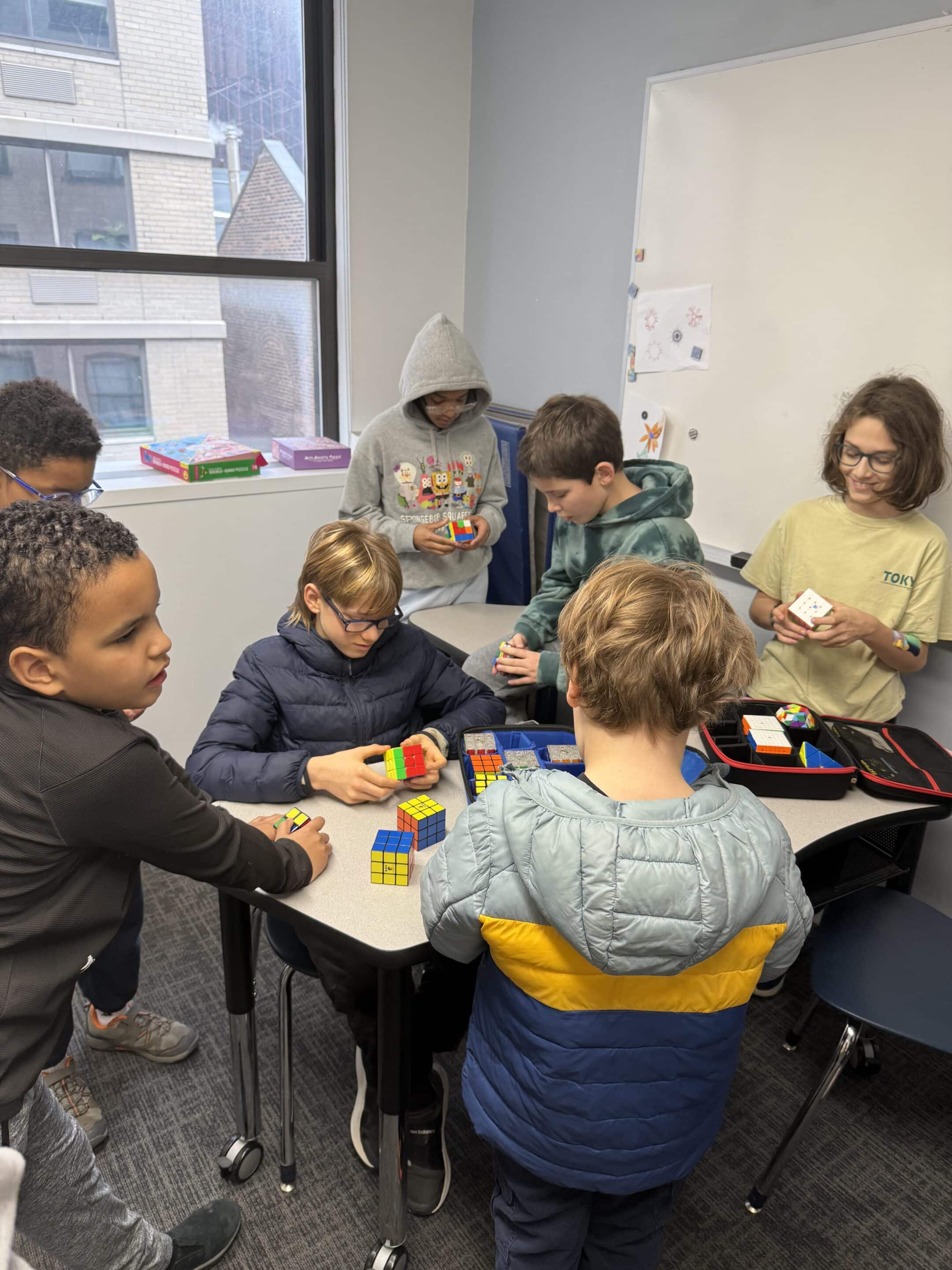

Social Interpersonal Competencies
Another critical component of social-emotional learning involves the development of interpersonal skills, including social awareness and relationship skills. These skills come easily to some students through observation and participation in personal interactions. Some students struggle to apply the information they have witnessed, while others simply lack the focus necessary to make these observations during interactions with others.
Most students could benefit from assistance in developing communication skills, empathy, and the ability to work in tandem with others to solve problems. However, some students need to better establish additional singular interpersonal skills before they can build compound interpersonal competencies.
Social-emotional learning schools in NYC help students develop interpersonal social skills such as:
- Engaging in effective verbal communication
- Recognizing and conveying nonverbal communication
- Understanding the feelings of others and being able to share those feelings
- Showing respect for others
- Sharing responsibilities with others
- Adjusting to changes and unexpected situations
- Identifying issues that form the basis of conflict and working to reach resolutions
The development of these critical skills is an ongoing process that begins in childhood and ideally continues throughout an individual’s life. Those who feel they have nothing more to learn about themselves and how they relate to others are likely to be frustrated and disappointed.
We don’t consider the development of social interpersonal competencies to be a task that is mastered at one stage of a student’s career, but rather an ongoing process that occurs throughout the academic journey. Our team helps students build and strengthen their skills through a variety of strategies in different settings, from individual training sessions to group projects and occupational challenges.
Making Responsible Decisions
Children and adults need to learn to make responsible decisions to succeed in school and beyond. Some people, unfortunately, never develop this skill, and others may know how to act responsibly but lack the self-discipline to follow through. Responsible decision-making requires competencies in both intrapersonal and interpersonal skills. In many ways, it is the culmination of social-emotional learning. Lessons need to be continually reinforced, but students can eventually learn to fulfill this function for themselves as they learn to process cause-and-effect relationships effectively.

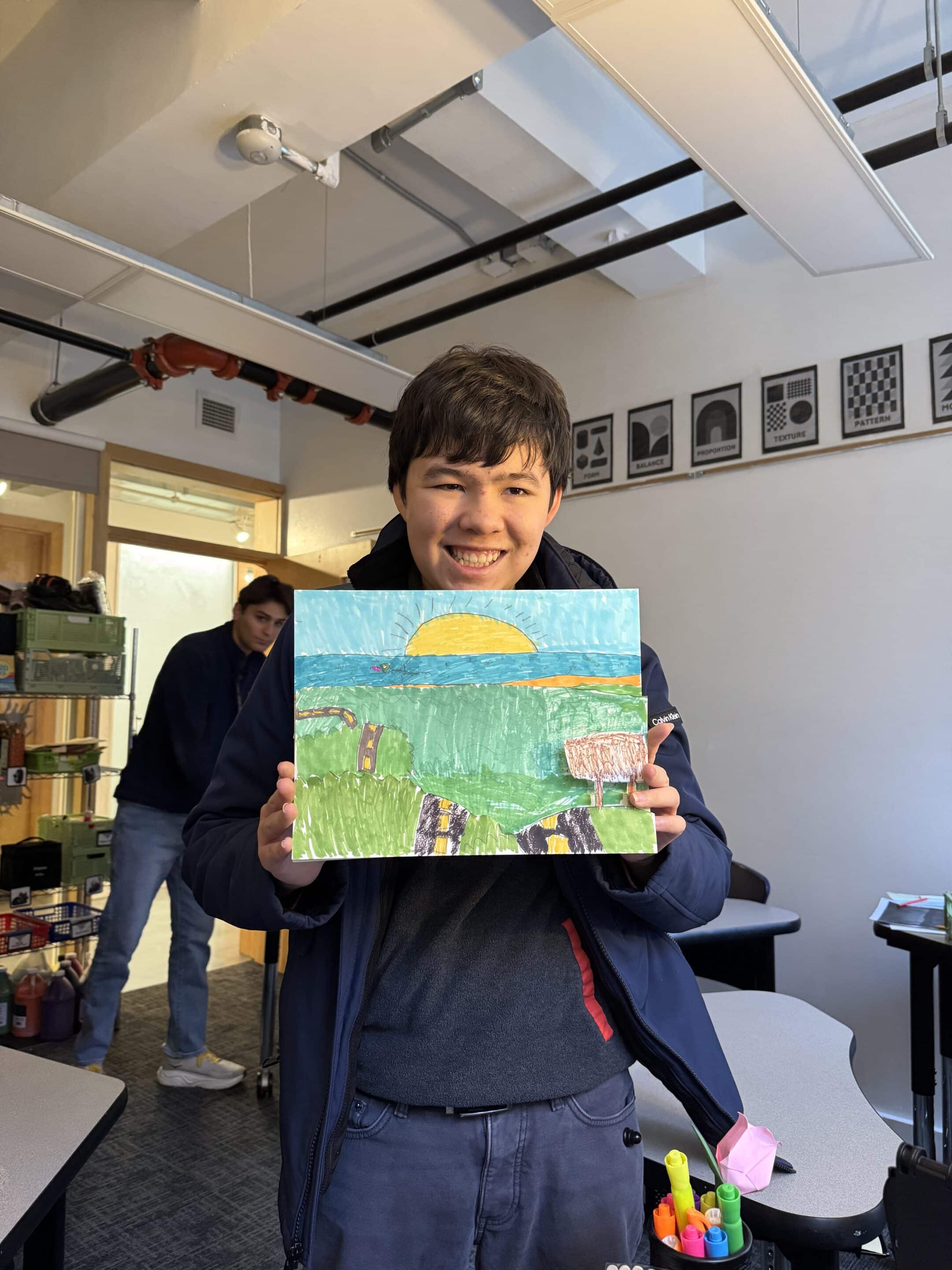
Evidence-Based Strategies for Social-Emotional Learning
While social-emotional learning is not widely practiced in NYC outside of social-emotional learning schools, this educational method is not new. Rather, it has been extensively practiced and researched, which is why we are able to incorporate evidence-based strategies for social-emotional learning into our program so effectively. Depending on a student’s particular needs, the strategies implemented might include:
- Explicit instruction on and practice of particular social and emotional skills
- Surrounding the student with an environment that promotes positive behavior
- Clinical interventions to support a student’s unique emotional needs
- Sequencing activities so that they help students establish essential connections
- Active components that reinforce learning with physical motion and spatial awareness
- Developing an emotional vocabulary that helps with the identification and communication of emotions
- Building mentoring connections that foster relationship development skills
- Structuring activities that stimulate cooperative learning and advancement
- Mindfulness and relaxation practices to manage stress
We view families as partners in these learning efforts. This not only helps the student progress but also strengthens family bonds and relationships. The learning journey is one that families can share.
Social-Emotional Learning for Students with Emotional Struggles
Symptoms of emotional disorders are far more common than most people realize. Students are often held captive by anxiety, depression, anger, and other disabling emotions that remain mostly camouflaged, such that educators and parents fail to realize the extent of the suffering.
Emotional struggles can cause cognitive challenges and behavioral changes in students. Those outward signs may be noticed, but the cognitive difficulties are often missed or misunderstood. Students are described as lazy even when they are working very hard to overcome the emotions that block their ability to focus and care. When emotional distress is left untreated, students can withdraw into apathy as a defense mechanism because they no longer have the strength to try to fight the pain.
When parents recognize the need for positive intervention, they can make a tremendous difference for a student who may be struggling far more than they let on. NYC schools for emotionally challenged students often incorporate social-emotional learning into their programs. Combined with therapeutic intervention in a high-support environment, social-emotional learning can enable students experiencing emotional struggles to become more resilient and able to focus on academics with a clarity that was not possible in a traditional school environment.

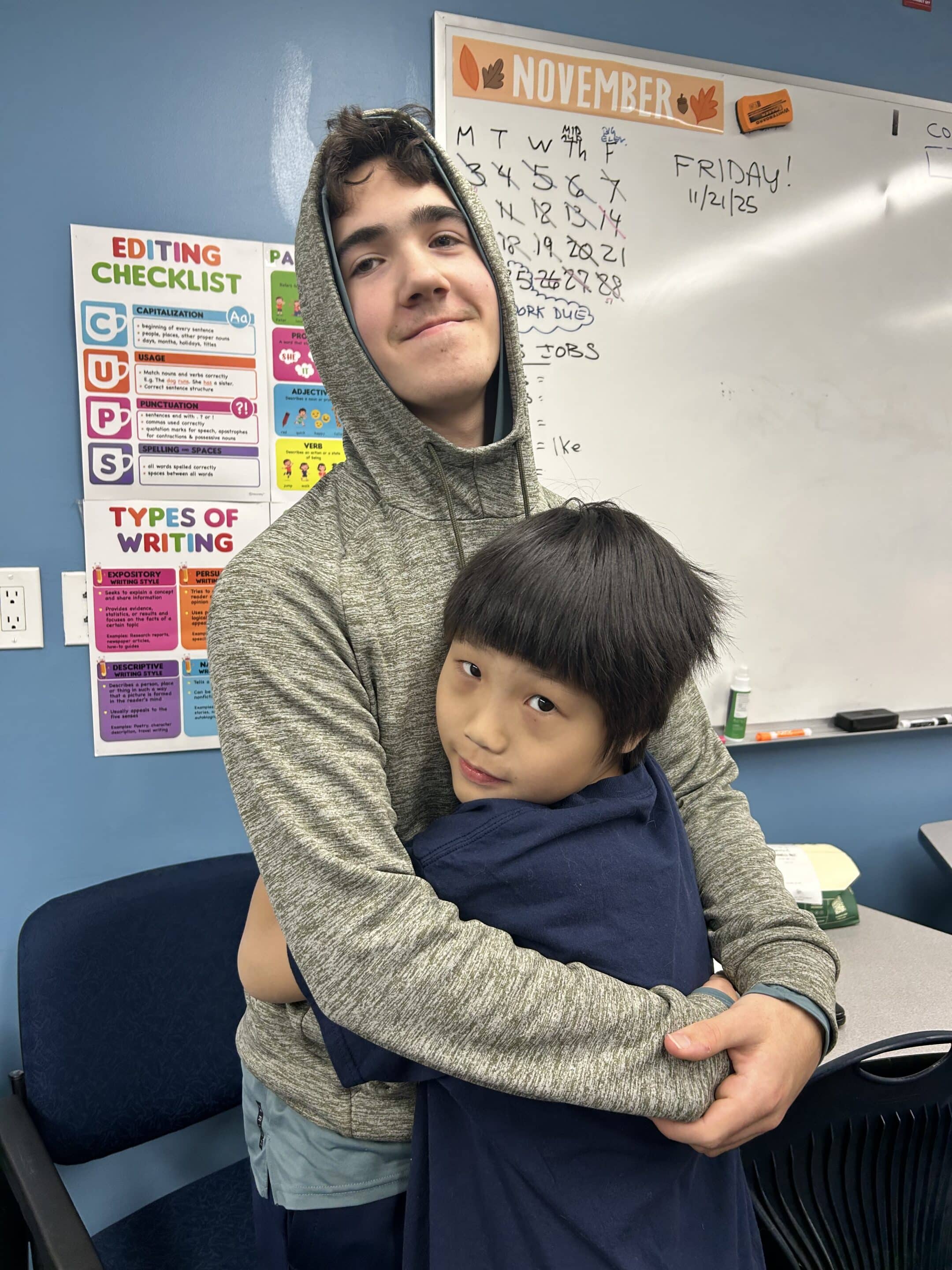
What to Look for When Considering NYC Schools for Students with Emotional Struggles
Finding the right school to address your student’s needs can be a challenge. Mental health professionals and educators generally recommend examining the following factors when comparing schools with programs to assist students with emotional challenges and behavioral disorders:
- How much time is the school willing to invest in learning about your student? What questions do they ask? What assessments do they plan to make? You can ask the school directly, but also talk to the parents of other students and to mental health professionals who are familiar with the school but not connected to it.
- Is the school prepared to provide your student with individual attention? What is the student-to-staff ratio?
- What is the level of training of the staff? Are the teachers trained in special education strategies? What do the clinical staff members focus on? What interventions are they able to provide?
- How does the school develop a learning plan for each student? Are these plans personalized, and if so, how?
- How are support services incorporated into the academic curriculum? Are students pulled from academic classes for therapy, or is their schedule built to integrate clinical intervention with academic programming?
Parents and caregivers should not be afraid to ask questions and seek follow-up information. The best NYC schools for emotionally challenged students are proud of the modalities they use to ensure students’ needs are met. When a school can’t or won’t answer a question, that could be a cause for concern.
What to Look for When Considering NYC Schools for Students with Emotional Struggles
Finding the right school to address your student’s needs can be a challenge. Mental health professionals and educators generally recommend examining the following factors when comparing schools with programs to assist students with emotional challenges and behavioral disorders:
- How much time is the school willing to invest in learning about your student? What questions do they ask? What assessments do they plan to make? You can ask the school directly, but also talk to the parents of other students and to mental health professionals who are familiar with the school but not connected to it.
- Is the school prepared to provide your student with individual attention? What is the student-to-staff ratio?
- What is the level of training of the staff? Are the teachers trained in special education strategies? What do the clinical staff members focus on? What interventions are they able to provide?
- How does the school develop a learning plan for each student? Are these plans personalized, and if so, how?
- How are support services incorporated into the academic curriculum? Are students pulled from academic classes for therapy, or is their schedule built to integrate clinical intervention with academic programming?
Parents and caregivers should not be afraid to ask questions and seek follow-up information. The best NYC schools for emotionally challenged students are proud of the modalities they use to ensure students’ needs are met. When a school can’t or won’t answer a question, that could be a cause for concern.
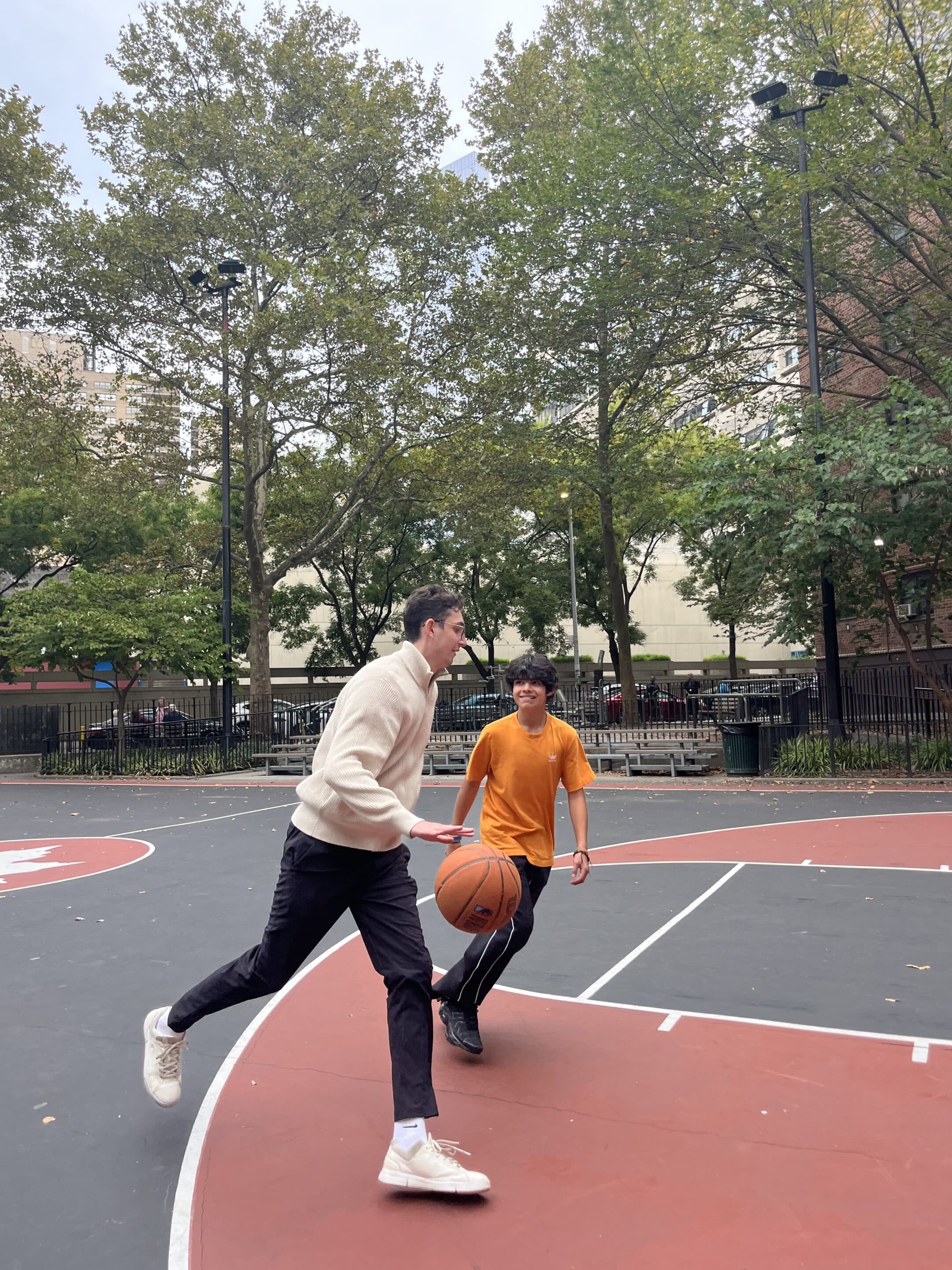
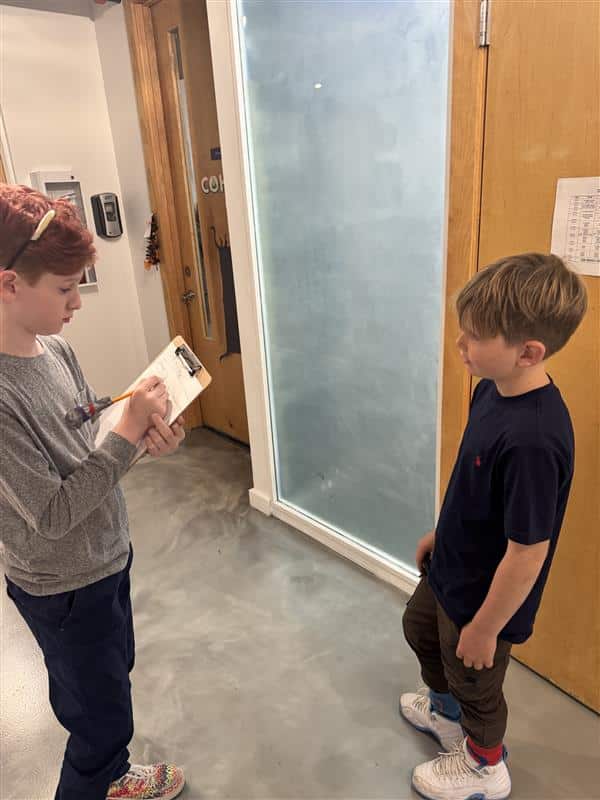
Interventions That Matter
Traditional schools often take steps to try to address the needs of students struggling with emotional and behavioral challenges. But they are simply not equipped to support these students as a program can when it focuses on social-emotional learning. At Academics West, we personalize interventions to serve each student and help them overcome difficulties.
For instance, traditional schools often give students with anxiety extra time to complete assignments or tests. But this extra time creates further problems for many students. They feel the need to use the extra time they’ve been allotted, but they use that time to agonize over their words and rethink every answer. Some students might be better served by requiring them to complete certain assignments quickly, so they realize they are better prepared than they thought and that their anxieties were groundless. The key is to understand the nuances of a student’s struggles and to develop interventions that help them progress.
This level of support is a process. Sometimes we take a giant leap forward. That may be followed by a setback. We reassess and keep trying, adjusting strategies as appropriate. So-called “failures” can provide outstanding learning opportunities for educators and students alike.
Incorporating Clinical Practice with Educational Strategies
The challenges that interfere with learning do not fit into a neat, labeled box. Professionals who work with students use labels to help communicate, but we know that students often struggle due to a blend of social, emotional, and cognitive disconnects.
We help students overcome these difficulties through our proprietary approach, Clinically Informed Academics®. Our approach integrates therapeutic support into educational programming into a seamless learning experience. We pay particular attention to the development of executive function, the critical component of thought processes that students need to succeed academically and socially.
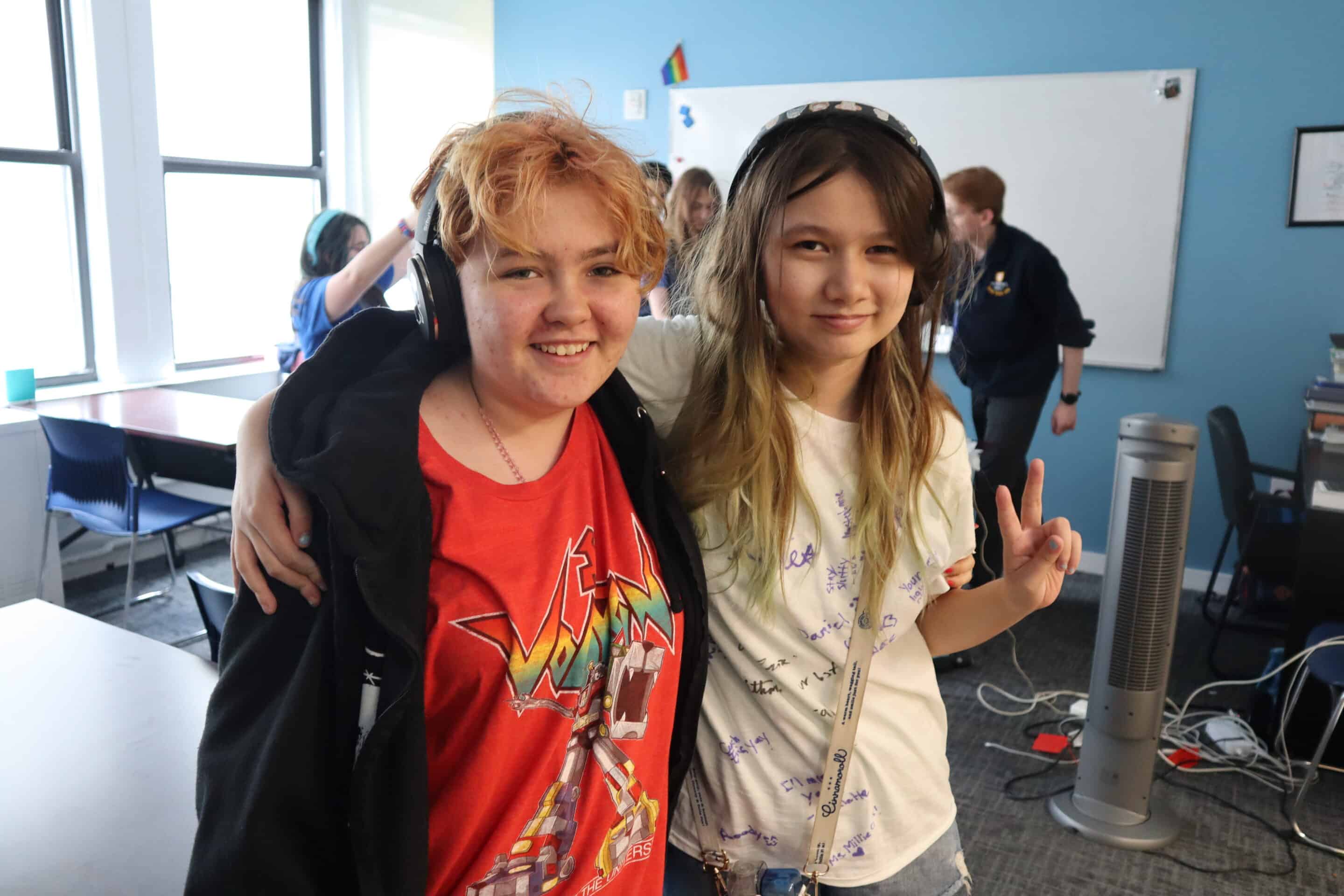
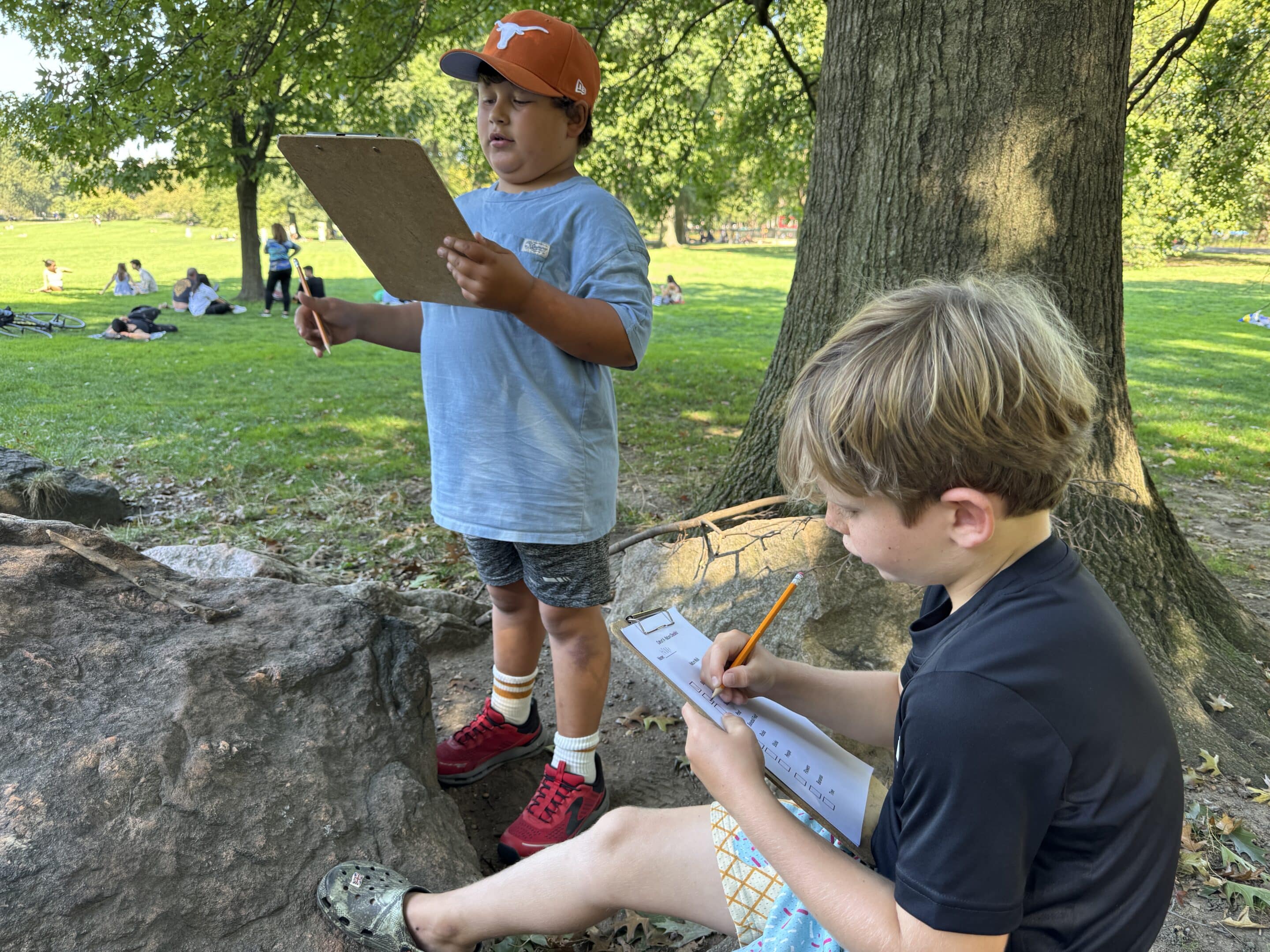
Learn More About the Benefits of Our Program for Social-Emotional Learning
While all students could benefit from social-emotional learning, few will have the opportunity in our current educational systems. Many families believe they have no choice but to force students to endure the learning environments provided by traditional public and private institutions.
But a few savvy parents have chosen to look beyond the standard choices to consider social-emotional learning schools in NYC. We invite you to learn more about the advantages our program could provide for your student.